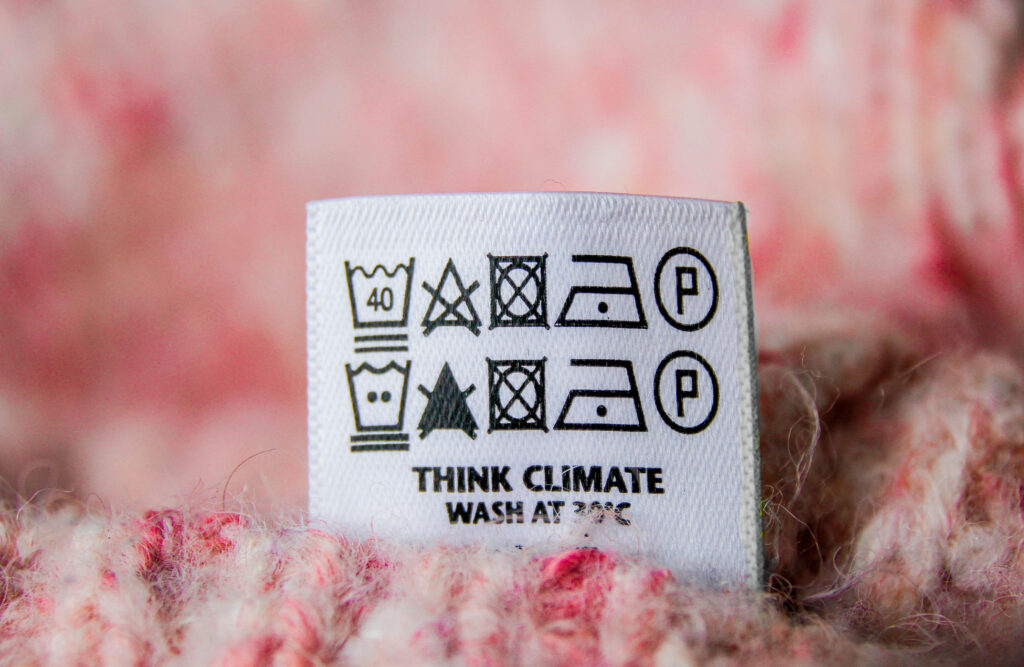Fashion | April 28th, 2024
Moving Beyond Fast Fashion Towards Sustainable Organic Fabrics
By: Madelynn Moore | Staff Writer

In today’s fast-paced world, the fashion industry has become synonymous with trends that change as swiftly as the seasons. However, beneath the glitz and glamour lies a dark reality: the detrimental impact of fast fashion on both the environment and human welfare.
It is essential to highlight fast fashion’s unethical and unsustainable nature and promote raw organic fabrics as a more ethical and sustainable alternative to consumers who are becoming more aware of their purchasing decisions.
“Fast fashion has been made so accessible that it’s hard not to purchase it—not to sometimes, but the clothes never last,” third-year Florida A&M psychology student Chaniya Dowers said.
What is it?
Fast fashion, characterized by rapid production cycles and low-cost, disposable garments, has wreaked havoc on the environment through its excessive use of resources and the production of enormous amounts of waste. From toxic chemical pollution during manufacturing to the disposal of vast quantities of textile waste in landfills, the environmental toll of fast fashion is undeniable. Moreover, the exploitation of cheap labor in developing countries, often in unsafe working conditions and for paltry wages, further underscores the ethical shortcomings of this industry.
“My professor showed us a documentary about the work conditions for factories that create Shein, Forever 21, and H&M, and it has changed my mindset ever since,” third-year Florida State Business student Zyon Fleming said. “The clothes aren’t even worth the purchase.”
Sustainable Production
In contrast, investing in raw organic fabrics offers hope for a more sustainable future. Organic fabrics are cultivated without harmful pesticides and synthetic fertilizers, reducing the environmental footprint associated with conventional cotton farming.
Producing organic fabrics is beneficial for the environment and prioritizes ethical labor practices. This guarantees that workers across the supply chain receive fair compensation and are employed in safe conditions. By supporting brands that prioritize ethical sourcing and production, consumers can empower workers and communities and foster social responsibility within the fashion industry.
In the Know
The increasing demand for fashion sector transparency is driving the adoption of raw organic fabrics. By choosing garments made from organic materials, consumers can make informed decisions about their products, knowing they support brands committed to environmental stewardship and ethical practices.
To verify the fabric of your clothing item, you can always look at the tagging inside your piece. Paying attention to synthetic fabric blends can allow you to make conscious decisions regarding your clothing.
Transitioning from fast fashion towards raw organic fabrics requires a shift in consumer mindset and industry practices. This shift can be facilitated through education and awareness campaigns, which are crucial in empowering consumers to make sustainable choices and holding fashion brands accountable for their environmental and social impact.
Changing the System
Additionally, policymakers play a vital role in incentivizing sustainable practices and regulating the fashion industry to ensure compliance with ethical standards.
We must understand the ethical obligation to shift from fast fashion to sustainable organic fabrics. By adopting raw organic materials, we can promote ethical practices that prioritize the planet’s and its inhabitants’ welfare while mitigating the environmental harm caused by fast fashion.
As consumers, we have immense power through our purchasing decisions. Let us recognize and use this power wisely to create a sustainable and just future for all.






